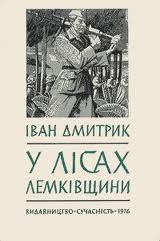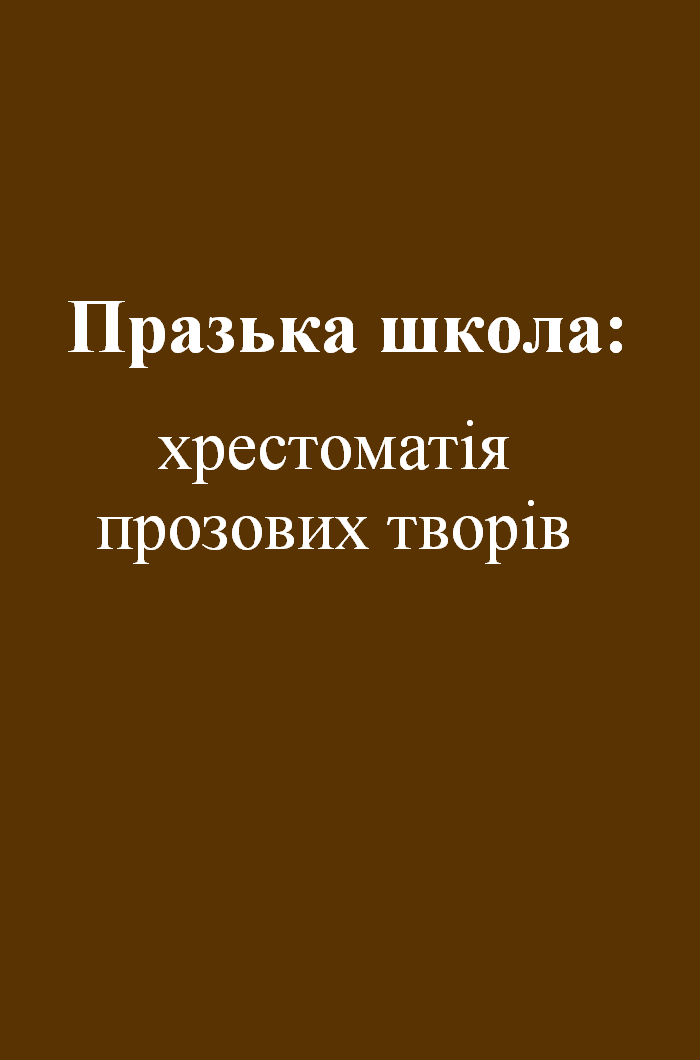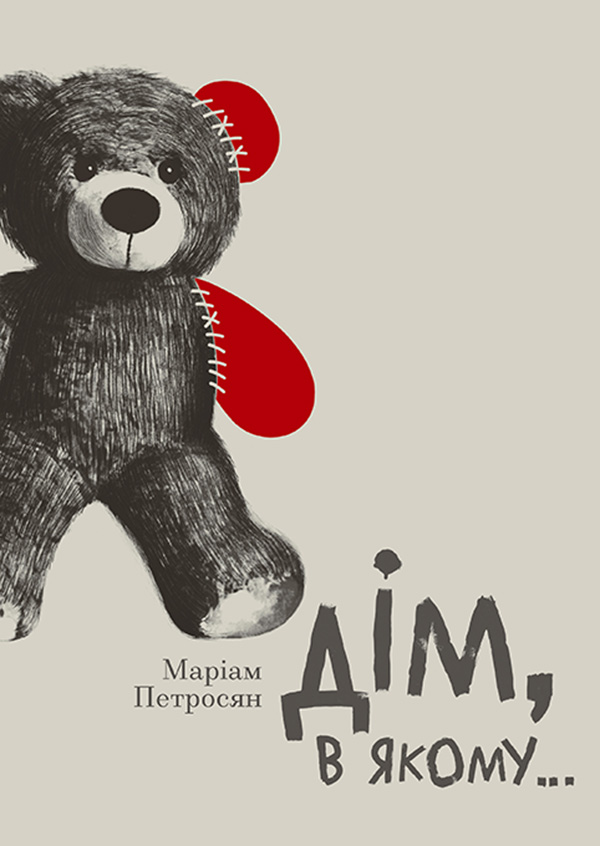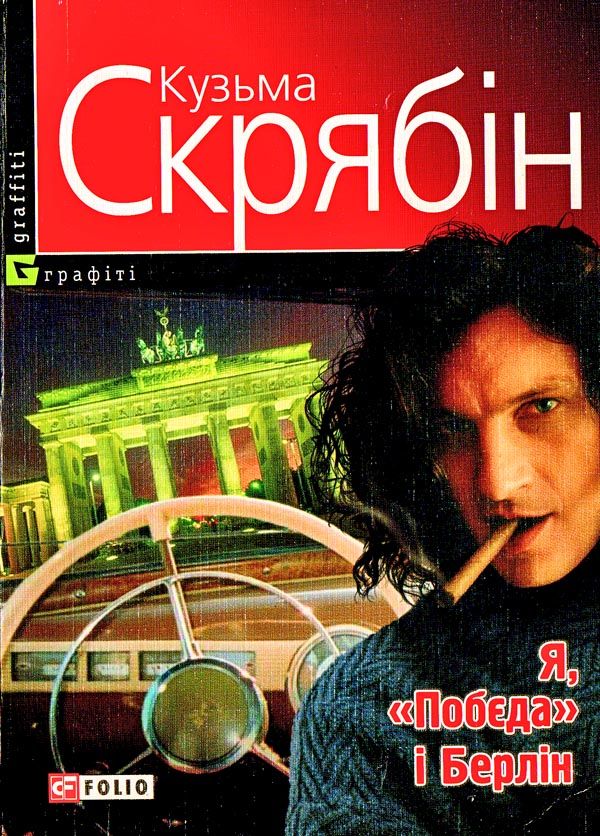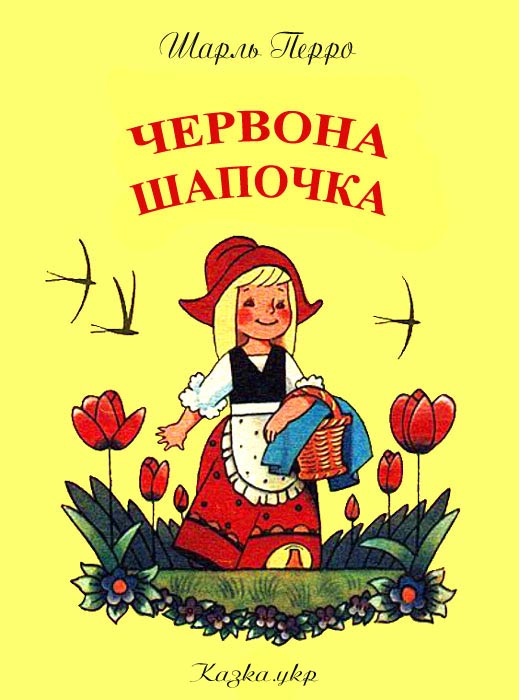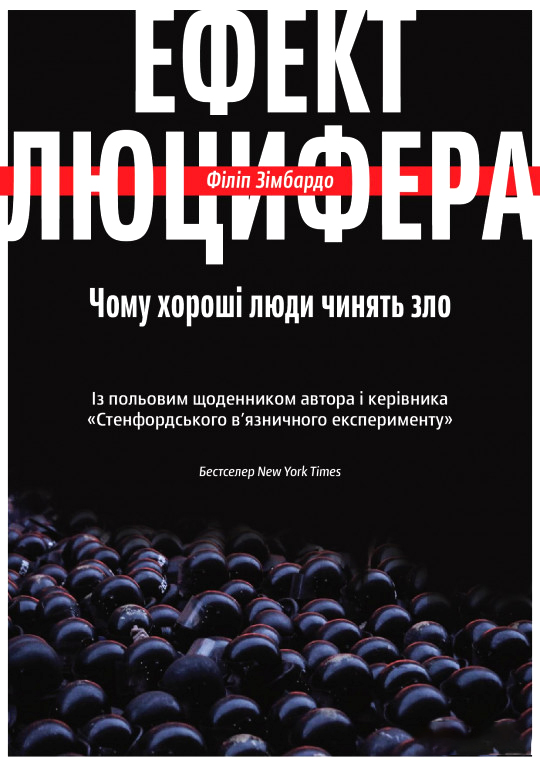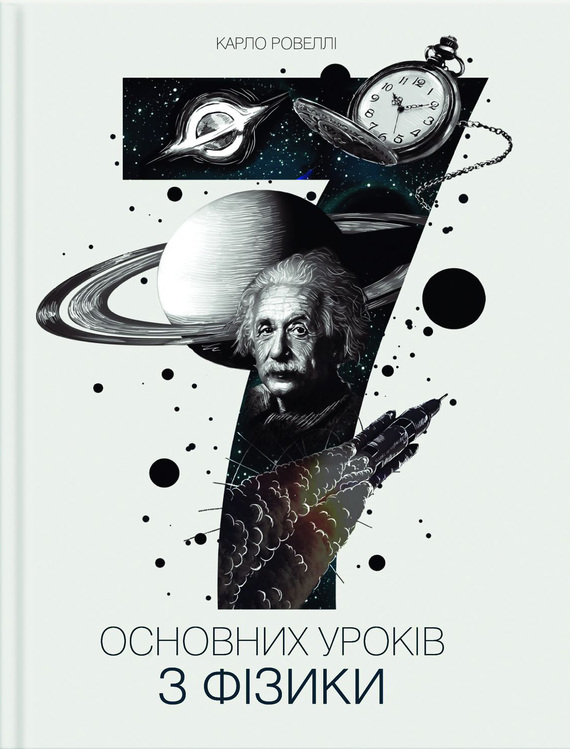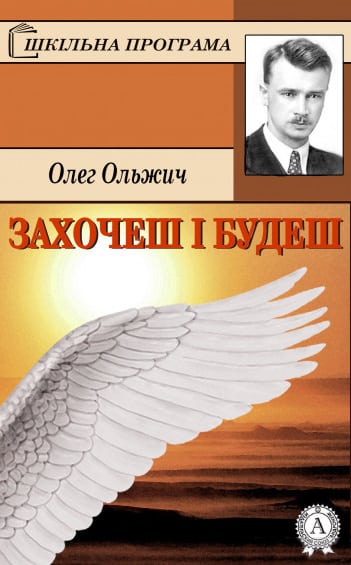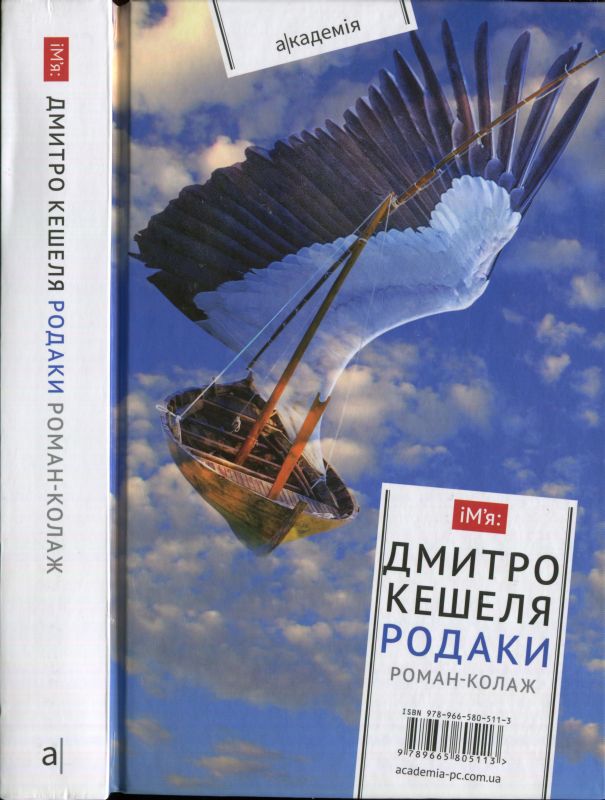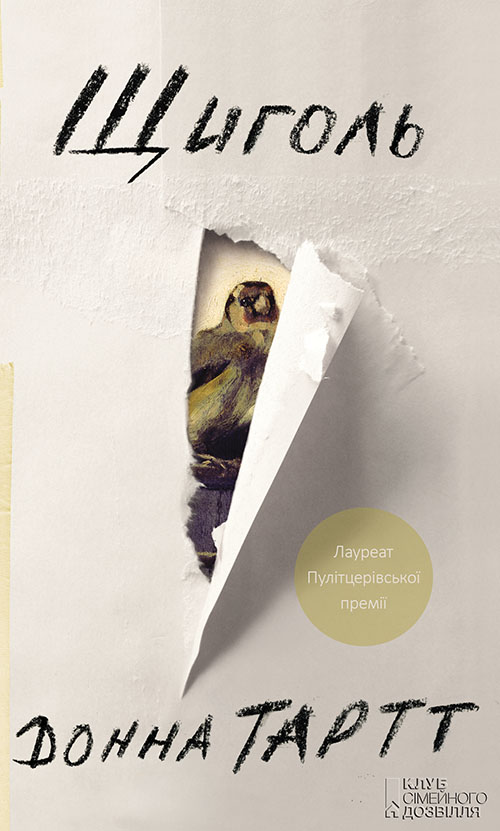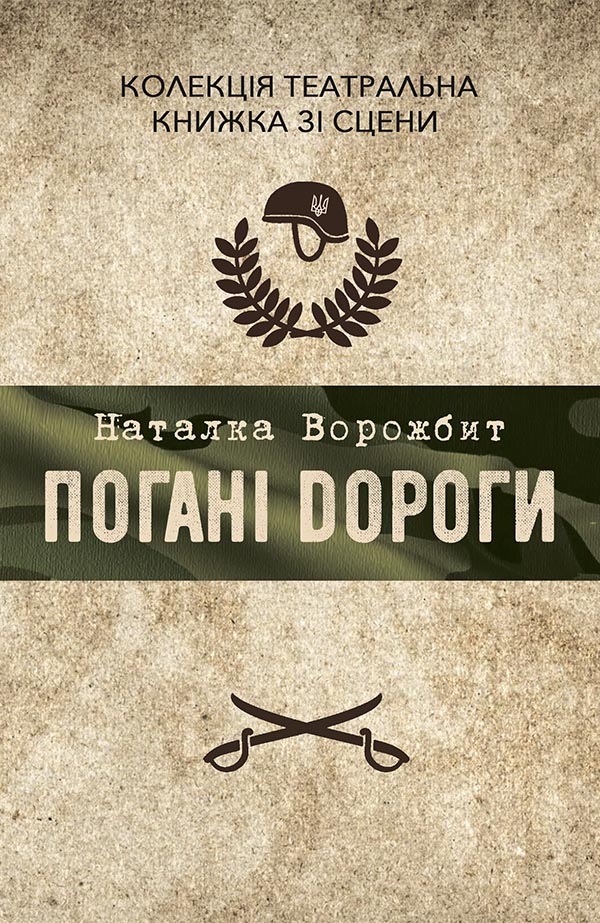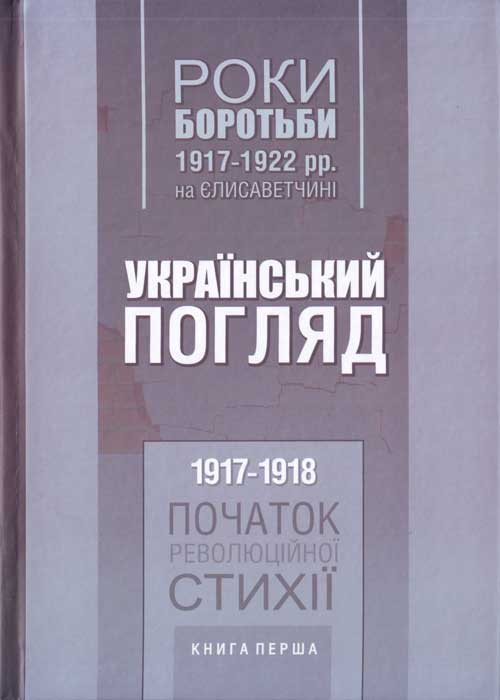Читати книгу - "Мати чи бути?"
Шрифт:
Інтервал:
Додати в закладку:
77. —. and Engels, F. 1844/5. The Holy Family, or a Critique of Critical Critique. London: Lawrence & Wishart, 1957. Die Heilige Familie, der Kritik der kritischen Kritik. Berlin: Dietz Verlag, 1971.
78. Mayo, Elton. 1933. The Human Problems of an Industrial Civilization. New York: Macmillan.
79. Meadows, D. H., et al. 1972. The Limits to Growth. New York: Universe Books.
80. *Mesarovic, Mihajlo D., and Pestel, Eduard. 1974. Mankind at the Turning Point. New York: E. P. Dutton.
81. Mieth, Dietmar. 1969. Die Einheit von Vita Activa and Vita Contemplativa. Regensburg: Verlag Friedrich Pustet.
82. 1971. Christus-Das Soziale im Menschen. Düsseldorf. Topos Taschenbücher, Patmos Verlag.
83. Mill, J. S. 1965. Principles of Political Economy. 7th ed., reprint of 1871 ed. Toronto: University of Toronto/ Routledge and Kegan Paul.
84. Milian, Ignacio. Forthcoming. The Character of Mexican Executives.
85. Morgan, L. H. 1870. Systems of Sanguinity and Affinity of the Human Family. Publication 218, Washington, D.C.: Smithsonian Institution.
86. **Mumford, L. 1970. The Pentagon of Power. New York: Harcourt Brace Jovanovich.
87. **Nyanaponika Mahatera. 1962; 1970. The Heart of Buddhist Meditation. London: Rider & Co.; New York: Samuel Weiser.
88. *—. ed. 1971; 1972. Pathways of Buddhist Thought: Essays from the Wheel. London: George Allen & Unwin; New York: Barnes & Noble, Harper & Row.
89. Phelps, Edmund S., ed. 1975. Altruism, Morality and Economic Theory. New York: Russell Sage Foundation.
90. Piaget, Jean. 1932. The Moral Judgment of the Child. New York: The Free Press, Macmillan.
91. Quint, Joseph L. See Eckhart, Meister.
92. *Rumi. 1950. Selected, translated and with Introduction and Notes by R. A. Nicholson. London: George Allen & Unwin.
93. Schecter, David E. 1959. „Infant Development“. In Silvano Arieti, ed. American Handbook of Psychiatry, vol. 2; q. v.
94. Schilling, Otto. 1908. Reichtum and Eigentum in der Altkirchlichen Literatur. Freiburg im Breisgau: Herderische Verlagsbuchhandlung.
95. Schulz, Siegfried. 1972. Q, Die Spruchquelle der Evangelisten. Zürich: Theologischer Verlag.
96. *Schumacher, E. F. 1973. Small Is Beautiful: Economics as if People Mattered. New York: Harper & Row, Torchbooks.
97. *Schumpeter, Joseph A. 1962. Capitalism, Socialism, and Democracy. New York: Harper & Row, Torchbooks.
98. Schweitzer, Albert. 1923. Die Schuld der Philosophie an dem Niedergang der Kultur [The responsibility of philosophy for the decay of culture]. Gesammelte Werke, vol. 2. Zürich: Buchclub Ex Libris.
99. —. 1923. Verfall und Wiederaufbau der Kultur [Decay and restoration of civilization]. Gesammelte Werke, vol. 2. Zürich: Buchclub Ex Libris.
100. *—. 1973. Civilization and Ethics. Rev. ed. Reprint of 1923 ed. New York: Seabuiy Press.
101. Simmel, Georg. 1950. Hauptprobleme der Philosophie. Berlin: Walter de Gruyter.
102. Sommerlad, T. 1903. Das Wirtschaftsprogramm der Kirche des Mittelalters. Leipzig. Quoted by Otto Schilling; q. v.
103. Spinoza, Benedictus de. 1927. Ethics. New York: Oxford University Press.
104. Staehelin, Balthasar. 1969. Haben and Sein. [Having and being]. Zürich: Editio Academics.
105. Stirner, Max. 1973. The Ego and His Own: The Case of the Individual Against Authority. Edited by James J. Martin; translated by Steven T. Byington. New York: Dover. (Original ed. Der Einzige and Sein Eigentum.)
106. Suzuki, D. T. 1960. „Lectures on Zen Buddhism“. In E. Fromm et al. Zen Buddhism and Psychoanalysis; q. v.
107. Swoboda, Helmut. 1973. Die Qualitat des Lebens. Stuttgart: Deutsche Verlags-Anstalt.
108. *Tawney, R. H. 1920. The Acquisitive Society. New York: Harcourt Brace.
109. „Technologie and Politik“. Aktuell Magazin, July 1975. Rheinbeck bei Hamburg: Rowohlt Taschenbuch Verlag.
110. Theobald, Robert, ed. 1966. The Guaranteed Income: Next Step in Economic Evolution. New York: Doubleday.
111. Thomas Aquinas. See Aquinas, Thomas.
112. Titmuss, Richard. 1971. The Gift Relationship: From Human Blood to Social Policy. London: George Allen & Unwin.
113. *Underhill, Evelyn, ed. 1956. A Book of Contemplation the Which Is Called The Cloud of Unknowing. 6th ed. London: John M. Watkins.
114. Utz, A. F. OP. 1953. *Recht und Gerechtigkeit». In Thomas Aquinas, Summa Theologica, vol. 18; q. v.
115. Yerkes, R. M., and Yerkes, A. V. 1929. The Great Apes: A Study of Anthropoid Life. New Haven: Yale University Press.
Примітки
1
Тут має бути визнано, хоча б побіжно, що й до тіла можна ставитися за принципом буття, сприймаючи його як живе, що може бути виражене словами «я є своє тіло» замість «я маю своє тіло». Досвід чуттєвого сприйняття — свідчення «буття» тіла.
2
Лінгвістичні цитати взято з праці Еміля Бенвеніста [12].
3
Один з видатних, хоч і маловідомих чеських філософів, 3. Фішер, пов'язав поняття процесу в буддизмі зі справжньою марксівською філософією. На жаль, ця робота бу/ча опублікована лише чеською, тому виявилась недоступною для більшості західних читачів (я знаю її з приватного англійського перекладу).
4
Цю інформацію мені повідомив доктор Моше Будмор.
5
Я аналізував концепцію месіанських часів у «Будете як Боги» [51]. Субота також розглядається в цій книзі та у розділі «Ритуал Суботи» в «Забутій мові» [42]
6
Я зобов'язаний Райнеру Функу за інформацію в цій сфері і за плідні пропозиції.
7
Див. внесок у розробку питання А. Ф. Утца, О. Шіллінга, Г. Шумахера та
8
Вищенаведені пасажі взято з роботи Отто Шіллінга [94], див. також наведені ним цитати з К. Фарнера [34] і Т. Зоммерлада [102].
9
Для глибшого розуміння буддизму див. книги Н'янапоніки Махатери [87, 88].
10
Блекні пише слово «Бог» з великої літери, якщо Екхарт говорить про божественне, і з малої, якщо Екхарт згадує біблійного Бога-Творця.
11
У книзі «Втеча від свободи» [37] я користувався терміном «спонтанна активність», а в наступних працях — «продуктивна активність»
12
Глибше зрозуміти зміст проблеми споглядального й активного життя можна за допомогою праць В. Ланге, H. Лобковіца і Д. Міта.
13
Деякі з цих даних я вже розглядав у книзі «Анатомія людської деструктивності» [54].
14
Майкл Маккобі у праці [71], яку я мав можливість прочитати ще в рукописі, згадує деякі останні демократичні проекти співучасті, особливо свої дослідження за «Проектом Болівара».
Увага!
Сайт зберігає кукі вашого браузера. Ви зможете в будь-який момент зробити закладку та продовжити читання книги «Мати чи бути?», після закриття браузера.
